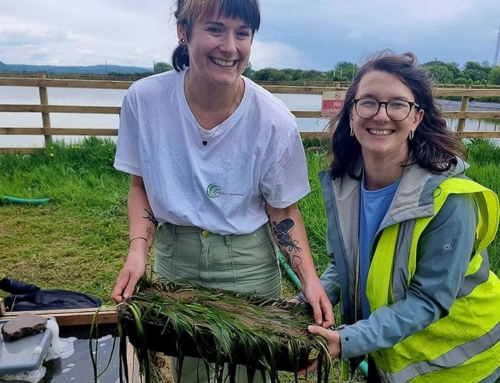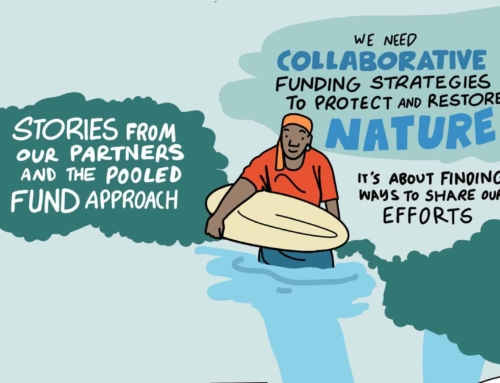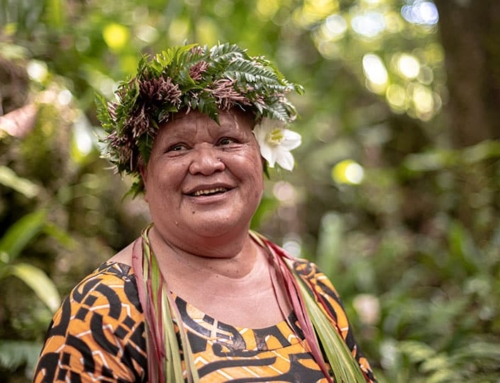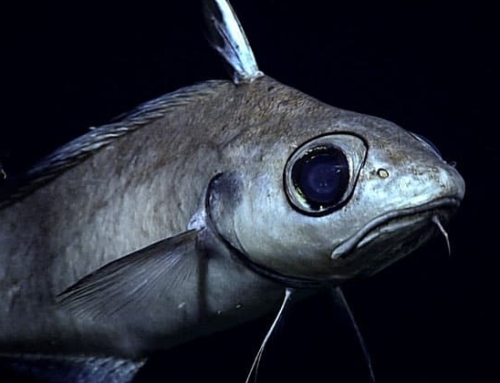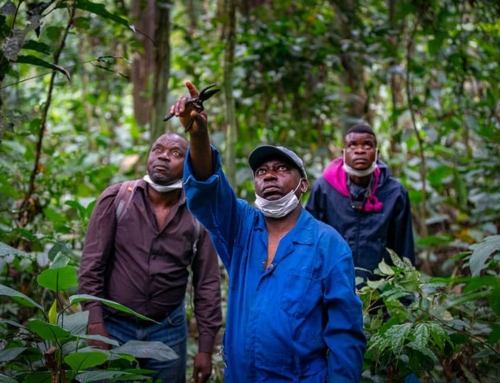There is an urgent need for increased long-term funding to support effective ocean conservation action. Mainstream ocean conservation efforts struggle to halt and reverse the decline in ocean health, while the ocean’s most reliable custodians—the people and communities who have long depended on it for sustenance—have often been overlooked and disenfranchised in efforts to protect it.
Synchronicity Earth is pleased to launch the Neptune Fund, established in collaboration with the Ocean Risk and Resilience Action Alliance (ORRAA), to provide a source of vital, targeted funding for critical yet overlooked and underfunded marine conservation challenges. The Neptune Fund is an expendable endowment fund enabling donors to provide long-term support to locally-led and grassroots organisations working at the forefront of ocean conservation.
Marine funding skews heavily towards grant recipients in North America and large conservation organisations, despite the fact that locally-led work is one of the most effective and equitable way to achieve conservation goals. According to the ‘Funding the Ocean’ marine philanthropy tracker, 70 per cent of grants between 2020 and 2022 served the North America region, compared to one per cent for Oceania.
The Neptune Fund will work to redress this imbalance by providing long-term, core funding to effective, locally-led conservation in the Global South. Initially, the fund will focus mainly on Southeast Asia, Melanesia and the East Indian Ocean, regions with exceptionally high levels of marine biodiversity, but which face key gaps in resourcing.
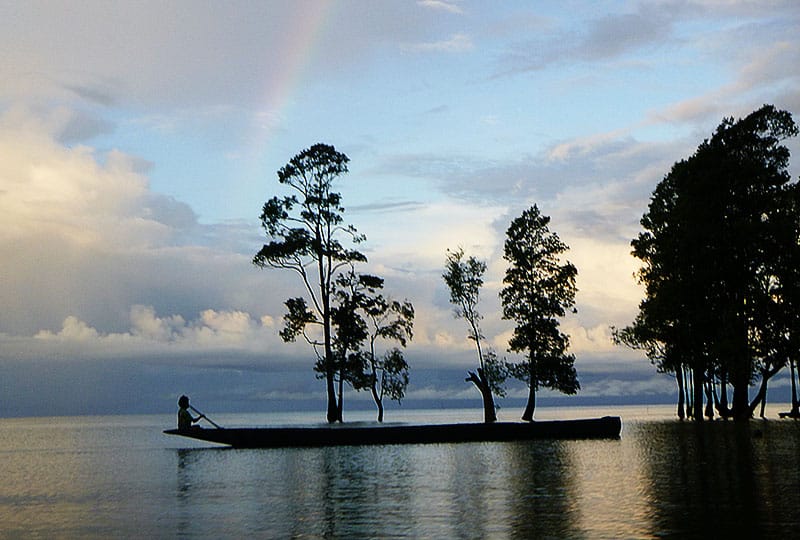
One of the organisations the Neptune Fund seeks to support is the Piku Biodiversity Network, which focuses on the Kikori River and its delta in Papua New Guinea. Image: Piku Biodiversity Network
How the Neptune Fund works
Unlike traditional endowments that lock up capital in perpetuity, the fund is an expendable endowment that allows both capital and income to be spent on ocean conservation.
The Neptune Fund gives donors the opportunity to provide long-term support—either through a single donation or a series of donations—and plug the gaps left by more traditional fundraising approaches. It aims to:
- grow donations over time;
- put donations to work over the long-term, providing a stable source of annuity funding to key organisations and groups working on ocean conservation; and
- bring donors together to provide coordinated and strategic funding for ocean conservation.
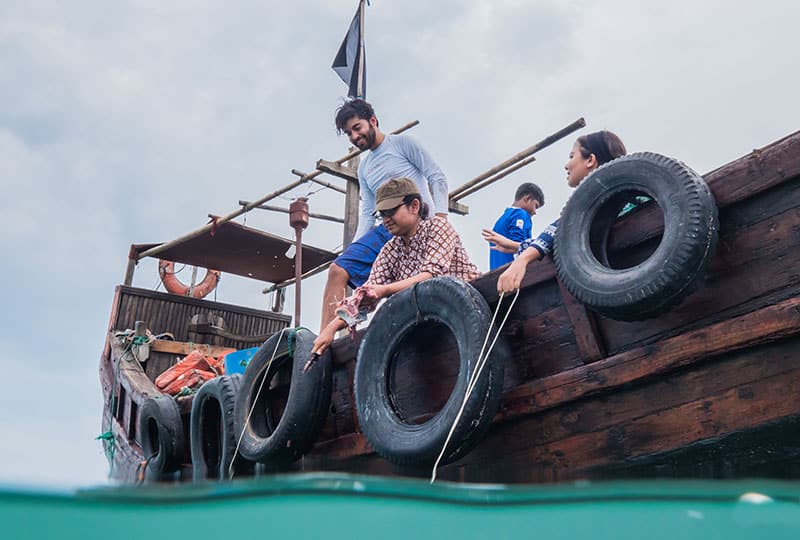
Alifa Haque leads the Bengal Elasmo Lab collaboration, which is working to conserve the Critically Endangered sharks and rays in Bangladesh’s Bay of Bengal. Image: Alifa Haque
The difference on the ground
The Neptune Fund will initially seek to support three organisations from our Ocean Programme: Bengal Elasmo Lab (Alifa Haque), Save Andaman Network, and Piku Biodiversity Network.
One of our strategic goals is to make more multi-year commitments, enabling our partners to work towards their long-term vision. Our endowment funds provide a way for donors to make one donation that will support ocean conservation action for the crucial period of the next 8-10 years.
“One of the first things that I found was that gaining trust of people is not something that you get in a year or two. It’s something that takes time, something that takes consistency,” says Yolarnie Amepou, Director of the Piku Biodiversity Network.
“It took me four years before communities would listen to what I was saying. Today we mobilise 10 tribes across over 50 villages to work with the conservation of 6 species of turtles, 41 species of sharks and rays, two dolphin species and one just recently documented whale species.”
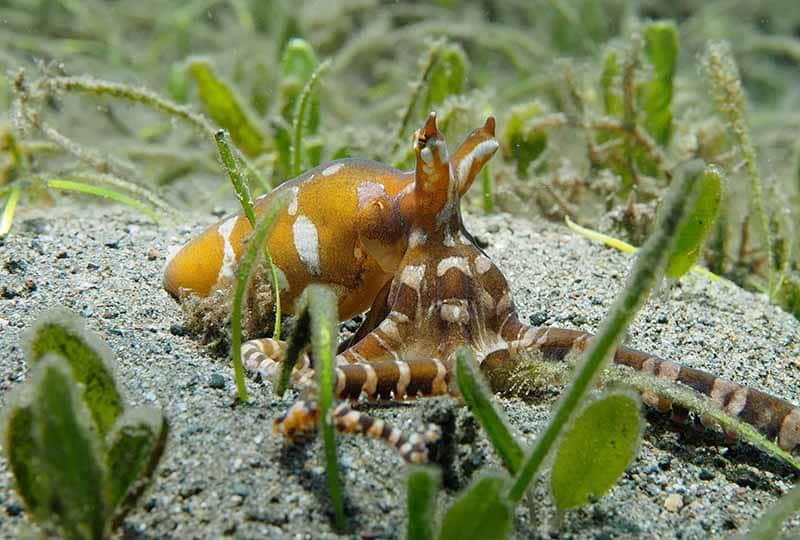
In 2022, Save Andaman Network launched the Community Seagrass Restoration Project, which is focused on testing approaches to seagrass restoration, a highly important habitat for marine species, including octopus. Image: Klaus Stieffel
A trusted model
The Neptune Fund is our fifth endowment fund, following the successes of the SE Living Fund, the Ape Fund, the Amphibian Fund (in honour of Dr George B. Rabb) and the Asian Species Fund.
Two recent successes from our endowment funds include our Ape Fund partner Hutan, reaching the final stages of the 2022 Earthshot Prize, chosen out of hundreds of global nominations. Meanwhile the second Global Amphibian Assessment has completed reviews of 8,011 species and their conservation status worldwide and will be published by the IUCN SSC Amphibian Red List Authority (ARLA), a monumental effort that will be crucial for effective conservation of amphibians, supported by the Amphibian Fund.
“The Neptune Fund provides exactly the type of funding which is most needed: core and multi-year support,” says Catherine Bryan, Synchronicity Earth Trustee. “This empowers conservationists to act strategically, working alongside the local communities that rely on ocean systems.
“The great thing for donors is that a single donation to the Fund is put to work over many years by the team at Synchronicity Earth and it’s wonderful to have the opportunity to work with ORRAA as a Project Delivery Partner, to offer their network an easy and impactful way to support such inspiring work.”

